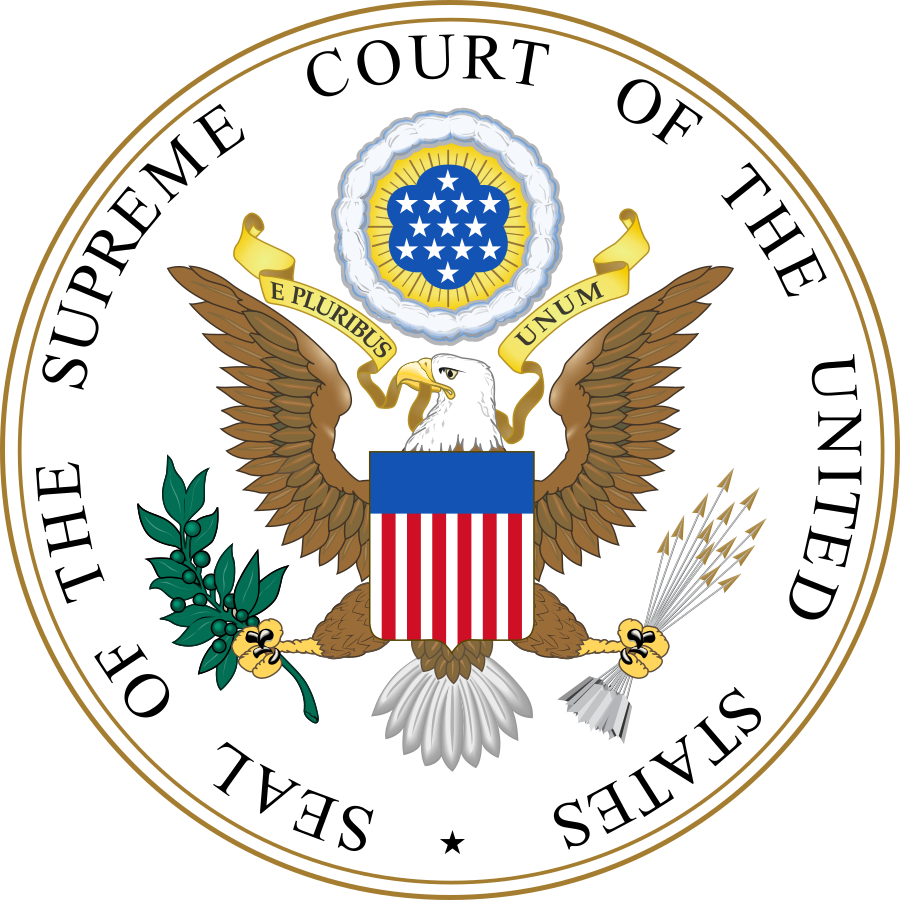
Willkie faces first big test as Wisconsin holds primary
1940 nominee opposed by Dewey, Stassen and MacArthur in race for delegates
Milwaukee, Wisconsin (UP) –
Wisconsin voters gave Wendell Willkie’s campaign for the Republican nomination the acid test today in a primary election to select the state’s 24 delegates to the GOP National Convention.
Mr. Willkie, in a 13-day tour of the state which ended last week, indicated he was prepared to stand or fall on the results of the balloting. He said the primary today would be the most important in the nation.
Willkie lone campaigner
Although Mr. Willkie was the only candidate to campaign for the Wisconsin vote, he was opposed by slates of delegates pledged to three others in today’s balloting.
Fifteen of the delegate candidates were pledged to Governor Thomas E. Dewey of New York. They made the race in spite of Mr. Dewey’s request that they withdraw.
Nineteen delegate candidates were running in support of LtCdr. Harold E. Stassen, former Governor of Minnesota. Cdr. Stassen, through the Navy Department, announced he would not seek the nomination but would accept if it were offered.
MacArthur on ticket
Gen. Douglas MacArthur was represented by 22 delegate candidates. He did not acknowledge them or make any statement concerning the campaign.
Only Mr. Willkie had a full slate of 24 delegate candidates in the field.
In the Democratic primary, only President Roosevelt was the contestant with a full slate of candidates. A partial slate of 13 candidates was offered in opposition, but they were not pledged to any candidate.
Willkie scores party cliques
Grand Island, Nebraska (UP) –
Wendell L. Willkie denounced what he called party combinations and manipulations in the selection of platforms and candidates in an address here last night.
Mr. Willkie, speaking before 1,000 persons, said that:
If the Republican do not throw out all forces of negative partisanship, then their victory, if attained at all, would be hollow.
Although he did not mention any names, his remarks were apparently directed at Christopher J. Abbott of Hyannis, Nebraska, banker and landowner, who advised Republicans last Saturday, in Mr. Willkie’s presence at a meeting in Lincoln, to vote for LtCdr. Harold E. Stassen since Governor Thomas E. Dewey’s name was not entered in the April 11 primary.
He said:
Right here we not only are hearing of tales and trades and seeing these repugnant policies beginning to operate, but blunt, public declarations are being made of them.
I have heard speakers calling on the people to vote for a candidate whom they are not really for and every time people read of these things, they have a feeling of helplessness and frustration.

